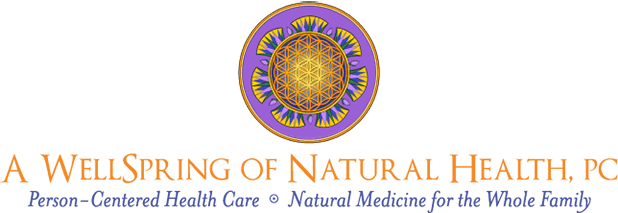Reviewed by Gary D. Vogin, MD
From Neurology. 2004;63:2006-2010
Dec. 13, 2004 — Negative emotions, anger, and sudden changes in posture are independent triggers for ischemic stroke, according to the results of a case-crossover study published in the Dec. 14 issue of Neurology.
“We know a lot about risk factors that make people more likely to have a stroke in their lifetime, such as smoking and high blood pressure, but until now we haven’t had any information on what causes a stroke to occur at a particular time,” lead author Silvia Koton, PhD, MOccH, RN, from Tel Aviv University and the Israel Center for Disease Control, says in a news release. “These findings may help us understand how these triggers result in stroke.”
In this study, 200 consecutive patients hospitalized with an ischemic stroke or a transient ischemic attack were interviewed one to four days after stroke onset using a validated questionnaire. Reported exposure to potential triggers, such as negative and positive emotions, anger, sudden postural changes in response to a startling event, strenuous physical exertion, heavy eating, and sudden temperature changes during a two-hour period prior to stroke onset were compared with the same period during the preceding day and to average exposures in the previous year.
Average age of patients was 68 years. Anger and other negative emotions were rated on a seven-point scale and were said to be present if the score was 5 or higher.
During the two hours before the stroke, 76 patients (38%) experienced at least one of the study triggers. The odds ratio (OR) was 8.4 (95% confidence interval [CI], 4.5 – 18.1) for all triggers combined; 14.0 (95% CI, 4.4 – 89.7) for negative emotions; 14.0 (95% CI, 2.8 – 253.6) for anger; and 24.0 (95% CI, 5.1 – 428.9) for sudden changes in body posture in response to startling event. The authors stress that the reported ORs should be interpreted s estimates of a short-term two-hour period relative risk and not as cumulative risks.
Compared with their average level of anger, negative emotions, or sudden changes in body position in the year before the stroke, patients were more likely to have experienced these triggers in the two hours preceding the stroke.
“We can also investigate whether people at a high risk of stroke can make behavior changes,” Dr. Koton says. “The possibility of preventive medications to lessen the risk of stroke among specific high-risk groups might also be studied.”
Although the mechanism of how these triggers precipitate stroke is still unknown, effects on circulation or an excessive response by the sympathetic nervous system may be involved.
“It’s possible that brief episodes of mental stress cause transient changes in blood clotting and in the function of cells lining blood vessels,” Dr. Koton says. “It is important to note that our study does not assess the cumulative risk related to exposures to potential triggers but short-term risks during the two-hour period immediately following exposures.”
Other factors, including positive emotions, strenuous physical exertion, and heavy meals, had no significant relationship to stroke onset.
The main study limitations include recall bias and possibility of bias caused by differential survival and severity of cases who had their stroke triggered by different mechanisms.
“The main modifiable risk factors for stroke are high blood pressure, smoking, diabetes, hyperlipidemia, and obesity,” Dr. Koton concludes. “However, this study demonstrates that there are factors that may trigger the premature onset of stroke and this is an important area of potential intervention.”


